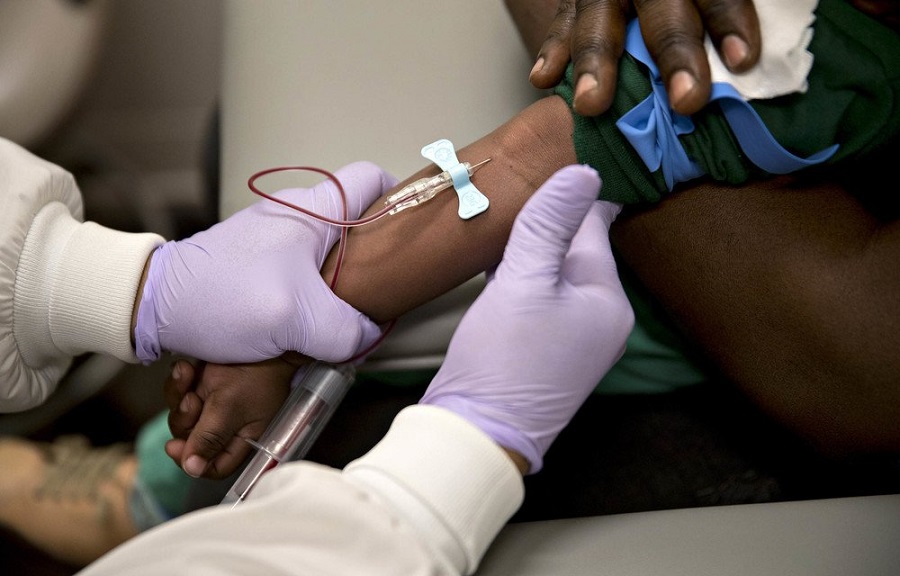Nigeria has emerged as the epicenter of sickle cell disease (SCD) with an estimated 4-6 million individuals affected. Shockingly, this means that approximately 1 in every 4s carries the sickle cell trait, making it a significant health challenge for the country. Globally, the number of people living with SCD is estimated to be around 50 million, and Nigeria alone accounts for a substantial portion of this burden.
According to recent statistics, an alarming 300,000 newly diagnosed SCD cases are reported annually worldwide. Sub-Saharan Africa bears the brunt of this burden, contributing approximately 75% of the global number. specifically, an estimated 100,000-150,000 newborns are living with SCD each year. This staggering figure represents about 33% of the global burden of SCD, clearly indicating the urgent need for focused attention and concerted efforts to address this debilitating disease.
Sickle cell disease is caused by a genetic mutation in the hemoglobin gene, which leads to the production of abnormal hemoglobin known as hemoglobin S. The presence of hemoglobin S causes red blood cells to change their shape from a flexible, round disk to a rigid, sickle-like shape. These abnormal red blood cells can easily get stuck in small blood vessels, obstructing blood flow and leading to a multitude of complications.
Individuals who inherit one copy of the abnormal gene from one parent and a normal gene from the other parent have sickle cell trait. They do not typically experience symptoms of the disease but can pass the trait on to their children. However, those who inherit two copies of the abnormal gene, one from each parent, will have sickle cell disease.
Dr. Oseghale Efosa, a medical doctor with a private hospital in Benin spoke with Pottage of Health on the issue. ” The numbers are not good, my fellows, please, I urge you to ensure you check your genotype and ensure compatibility before embarking on the beautiful journey of marriage. This is not just a medical recommendation, it is a plea born out of immense compassion and a deep understanding of the pain caused by sickle cell disease. We hold the power in our hands to spare our children from the anguish and suffering that this disease brings. Let us be responsible, and prioritize the well-being of our children.”
To combat the prevalence of SCD, a multi-faceted approach is required. Firstly, raising awareness about the disease and its implications is crucial.s must be educated about the genetic nature of sickle cell disease and the importance of carrier testing. This knowledge can empower individuals to make informed decisions about family planning and increase the chances of having healthy children.
Secondly, access to affordable and comprehensive healthcare services must be improved. This includes expanding the availability of SCD screening and diagnosis facilities across the country. Early identification of affected individuals is vital for timely interventions and the management of complications. Additionally, there is a pressing need to enhance the availability of specialized medical care, including blood transfusions and appropriate medications, to alleviate symptoms and improve the overall well-being of those living with SCD.
Furthermore, collaborative efforts between the government, healthcare providers, non-profit organizations, and the community are paramount. It is imperative to establish and strengthen partnerships to develop and implement sustainable strategies for prevention, early detection, and comprehensive management of SCD. This may involve public health campaigns, targeted interventions, and supportive policies that prioritize the needs of individuals affected by SCD.
In conclusion, sickle cell disease remains a significant health challenge, affecting millions of individuals and their families. The burden of SCD is substantial, contributing significantly to the global prevalence of the disease. To address this issue, concerted efforts are required at various levels, including raising awareness, improving healthcare services, and fostering collaborative partnerships. By implementing these measures,s can strive towards reducing the burden of sickle cell disease and improving the lives of those affected.




👍
This is educating and has added to my knowledge on genotype for healthy marriages . Thank you .
Awesome